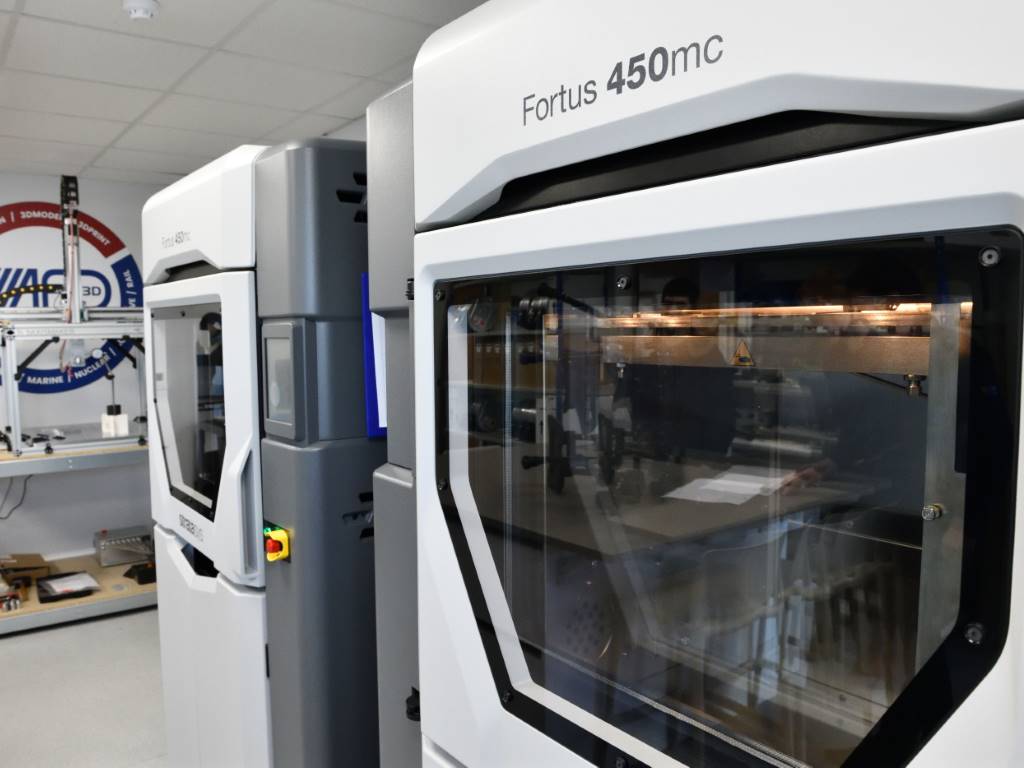A passion for aerospace
First taking her inspiration from the iconic Spitfire, Bridget Day, innovation & technology manager at the Midlands Aerospace Alliance (MAA) explains why she's passionate about her role within the industry.
My first encounter with aerospace began as a five-year old at Reginald Mitchell county primary. The school badge I wore proudly on my blazer had a Spitfire on it. We learned how Reginald Mitchell, born close by in Butt Lane, Stoke-on-Trent, had designed this magnificent and beautiful aircraft. A brass model of a Spitfire stood proudly in the school and was awarded to the class which had 100% attendance during the week.
I've now worked in the aerospace industry for over 30 years in a career which followed a physics degree and a graduate engineering apprenticeship at IMI, eventually rising to become engineering director at HS Marston Aerospace. Being a female in engineering helped me to question the way things were done and to be passionate about trying new ideas. Everyone expects a woman to be different - so I could be!
My current role as innovation & technology manager at the Midlands Aerospace Alliance allows me to visit many companies and universities in the region, primarily to help with technology, locating funding, advising on shaping of projects and what skills are missing.
I'm excited about all the new ideas in our region: new materials, new control systems, new computerised modelling techniques and so on. The gems of small companies continue to amaze me with their facilities and the potential of what they offer, as does the work going on in universities and the maturity of the students. I wish I was 21 again and starting afresh – this industry has so much to offer.
This leads to my new passion, helping smaller companies that don't have the resources to apply for large government grants. Relatively small amounts of money can help a smaller company grow and increase its skills level and employ more people. The new Government is moving toward national funding or very local funding, but the bureaucracy of the funding applications can mean that small companies need to pay more to apply for them than what they eventually get. How can this be an efficient funding route for a government concerned with helping the private sector to create jobs to replace those cut in the public sector?
At the MAA, we have a programme called the Aerospace Technology Exploitation Programme (ATEP), designed by the technical leaders among our member companies. This programme applies for funding on behalf of our members and then administers it to get the most efficient benefits from it. Since the aerospace industry is structured around supply chains, the most effective use of technology funding is to fund a supply chain-styled project. This ensures that the end user is interested from the beginning and gives a much greater chance of exploitation. Funding goes to the smaller companies, with tier one and prime companies giving technical specification support and testing as an in-kind contribution.
Smaller companies often need help with the preparation of a project proposal and also with managing the project. One of the biggest benefits of the ATEP project is helping SMEs learn skills in these areas.
Another of my passions is helping industry and academia work together. As a rule, they don't. I first thought this was just a case of talking different languages, but I now believe it's down to matching the academic establishment with the company. The UK is particularly poor at establishing these links and organisations like the MAA can assist this process. By identifying successful cases and presenting them to our members at regular meetings, we can help encourage this to improve.
It's a good time to be an engineer in aerospace. There's so much to do and some brilliant people around to work with.
www.midlandsaerospace.org.uk












